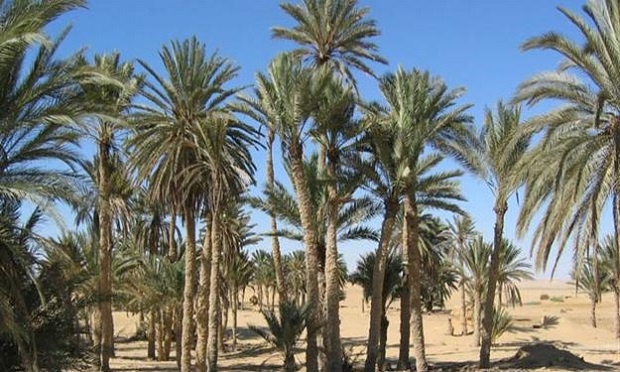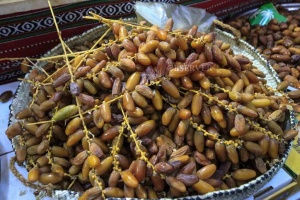Many palm farm owners across the country were forced to burn large amounts of palm trees due to the spread of pests, while farmers said that they had no pesticides to tackle the problem.
Kamel bin Issa, director of the Ministry of Agriculture's Media and Awareness Department, said in a statement to the New Arab news website that the ministry had addressed the Presidential Council to urgently provide pesticides to farmers in the southern region, adding that about 16 thousand palm trees in the valley of Al-Ataba in the south were damaged by the crustacean (Asterolcanuim phpenicis).
He pointed out that the peasants resorted to finding solutions themselves to counter the scourge through burning the palm trees.
Kamel indicated that the Ministry of Agriculture proposed to allocate a financial amount from the emergency budget to buy pesticides or open letters of credit to the associations of palm and olive in general in order to provide the pesticides, pointing out that each association includes 1500 farmers, many of them are unable to afford the pesticides, which cost about LYD 300 dinars per liter.
A member of the Palm and Olive Association - south region branch- told the New Arab that the problem has been around since last winter, but nothing was done by the authorities, while the pesticides available in the black market are expensive and adulterated, adding that the production of dates in the southern region fell from 1.5 million tons to 2.5 million, which caused the prices of date to rise in the market.
The Al-Ataba Valley region in the south has a vast wealth of palm trees that exceed eight million trees, producing about 300 varieties of different dates, according to the Libyan Olive and Palm Association data. Around 65,000 tons of dates are consumed locally, while the excess quantities are exported.



